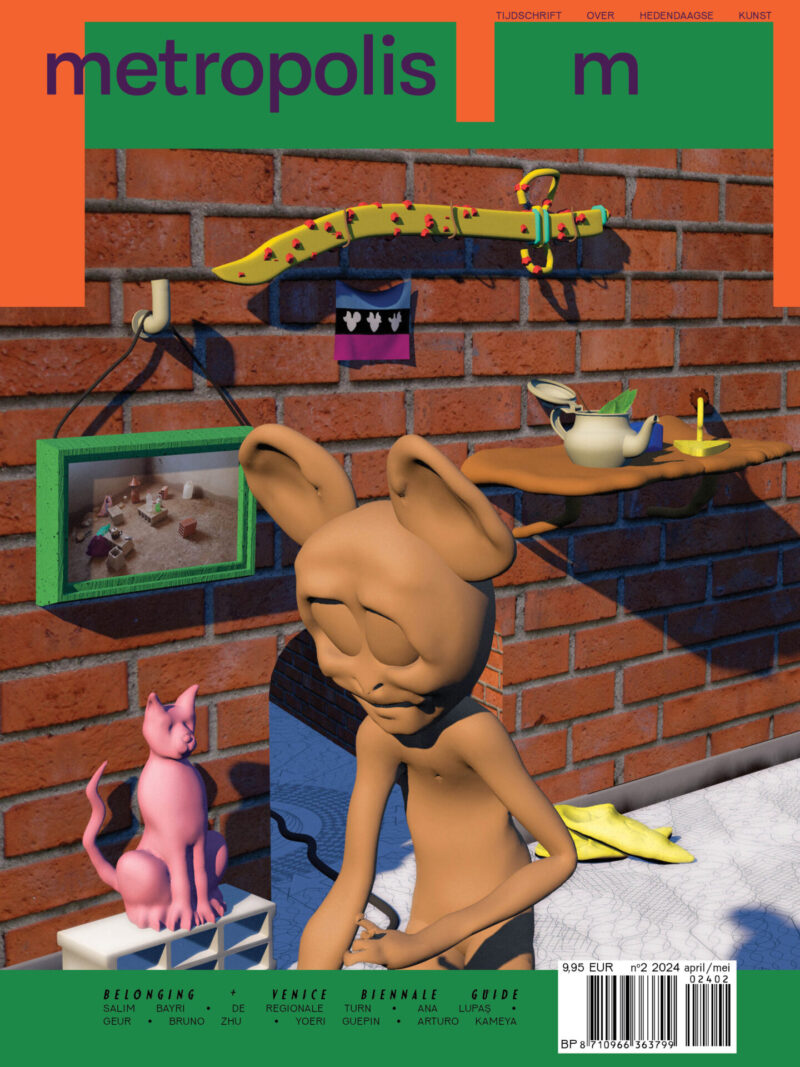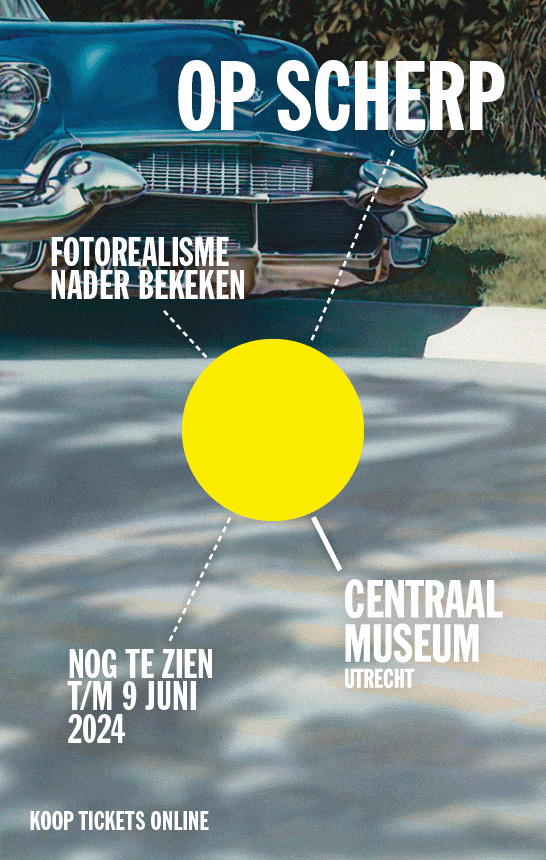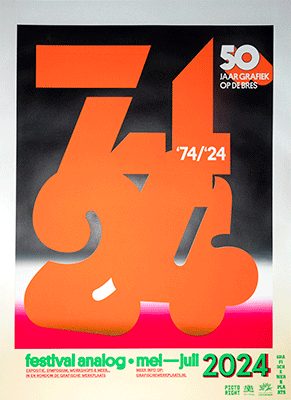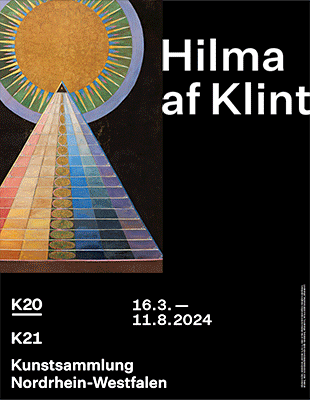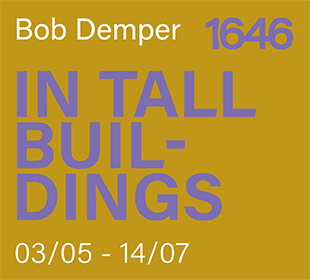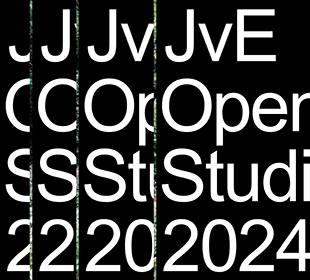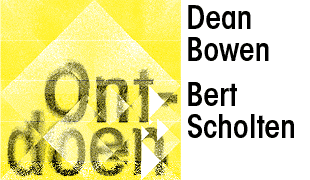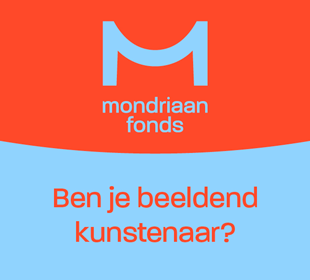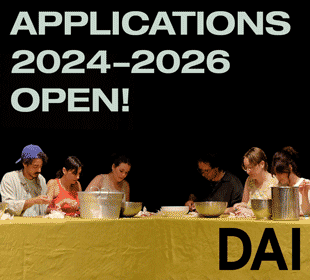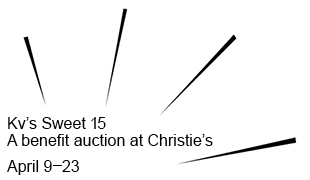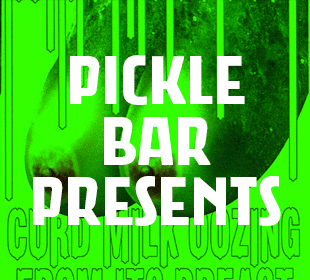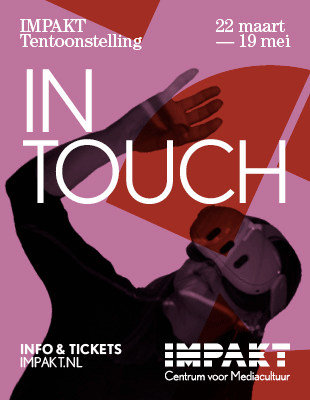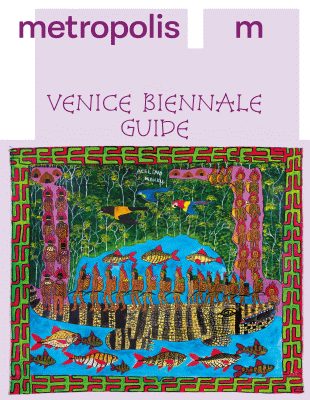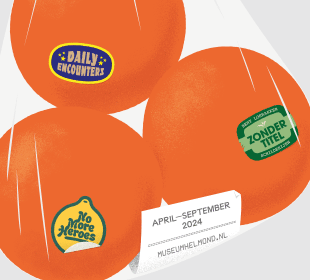The Surprising Optimism of Makeshift Plans on Shifting Plates
When you are sitting in front of a white middle-aged man wearing a blue t-shirt with a broken circle of stars and a phrase reading ‘missing EU already’, you know that the fast-forward button has been jammed beyond reprieve. It’s hard not to read the events of the past six years in the self-aggrandising manner of shady geopolitical karma. As a native of Donetsk with a Greek passport residing in the United Kingdom, I have somehow been pulled through the accelerated soap opera of early twenty-first century European dismay without ever being given the chance to feel like the script’s protagonist. Owing to various technicalities, I did not qualify as a voting unit for any of the orchestrated referenda that have sealed the old-EU’s death sentence.
I am not quite sure what my residence status will look like in a year – or even half a year’s time – but I’m also realpolitik enough to understand that where there is a mass of geopolitically privileged units (i.e. persons with non-insignificant passport identities), like those in the United Kingdom holding various shades of EU passports, there is a way. Speaking from the bureaucratic landmine of after the fact, that way might be muddled in administrative quagmire of new qualifying categories and half-baked policies that you will need to diplomatically explain to the confused clerks as they shuffle through your papers to leave their decisive mark, but anyone for whom visa, residence and passport applications have been an intrinsic part of their becoming, this feels like a mild inconvenience. Certainly, no more of an inconvenience than surfing through the everyday shit mass of UK’s institutional administrative reality.
And still, somewhat incredibly, my faith in technocratic finesse has never been as solid as it is now when seemingly all systems have gone berserk, self-cannibalising and grotesquely amplifying what were previously considered to be just ad hoc dysfunctionalities. Call it a highly potent mutation of the Stockholm syndrome, but I am convinced that there has never been a better moment to reinvest into processes that drive organising and organisations.
Earlier this summer, I was asked by the Trans Europe Halles network to do a consultancy gig for a contemporary art organisation-to-be in Dnipro, eastern Ukraine. I feverishly jumped on the opportunity as it not only allowed me to get closest I have physically been to Donetsk in now almost five years, but also to get firsthand insight into what it means now to start on a path not too dissimilar from the one that I thought I had ahead of me exactly a decade ago.
Being the good consultant, I was fully transparent about my in-built biases as repressing the yet unresolved feelings about the fact that what was a cultural centre-to-be in 2009 eventually became a detention and torture facility of the self-proclaimed ‘Donetsk People’s Republic’ in 2014 was not really an option. Instead, we used this ‘cognitive filter’ as a way of answering what seemed like the most important question for the highly motivated and already massively accomplished collective of cultural practitioners: how does one build something that generates social and cultural value for the city, soberly recognising the glaring limitations of the power elite support for the project and real existential contingencies that come with operating in this geographical location at this point in time? The Easterlingian truism about the importance of ‘knowing-how’ and not just ‘knowing-what’ could not have rung truer.
Indeed, for a group that has been putting on impressive programmes of cultural events that span contemporary music, performance and visual art for the past five years, successfully leveraging resources and international visibility, knowing what they should program now that their activity will have a ‘permanent’ physical home was not really the issue. Instead, their biggest question was how to scale up into an organisation that makes sense for their environment and their outset conditions. Plopping a heavy-set museum/Kunsthalle-style organisational structure onto a shaky ground was quickly recognised for all of its in-built limitations and glaring risks, despite the magnetic attractiveness of this dominant organisational model in the art field. We explored more imaginative ways for building the centre’s organisational processes and identities attached and detached from its physical space, borrowing and tailoring principles from platforms, DAOs, P2P networks and Soviet-era forms of organising, each time testing possible organisational frameworks against affordances, risks, speculative scenarios and the group’s wildest ambitions. It remains to be seen what will actually emerge and how that new entity will evolve, but one thing is certain: there is currently an optimism to be found in organisational detail that has been completely evacuated from political reasoning. And that optimism is certainly worth holding on to. It might be the only leverage and hope for sanity that that you will have when the ground that you thought you were standing on, is constantly shifting.
Victoria Ivanova
is curator en schrijver, Londen
Victoria Ivanova
is curator en schrijver, Londen